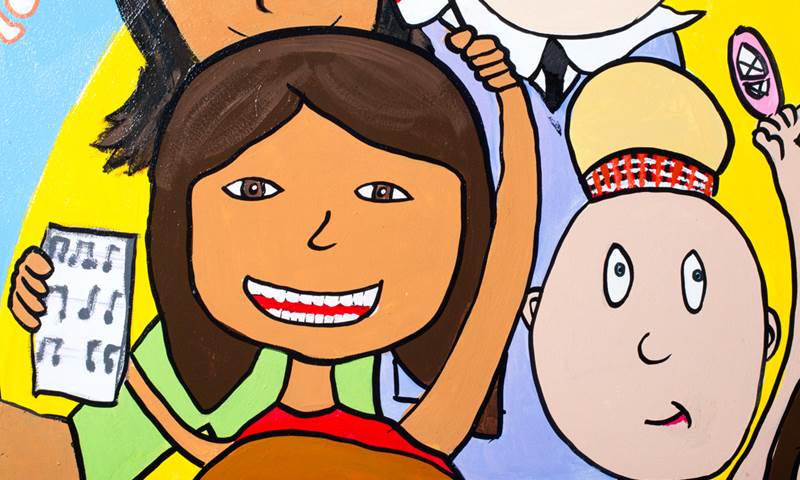Our website uses Cookies - by using this site or closing this message you're agreeing to our Terms & Conditions, Cookie Policy and Privacy Policy
xCOVID-19: Conducting a rapid research response to the pandemic
Date: 1st May 2020
Category:
Disability, Basic Health and Welfare, Civil Rights and Freedoms, Education, Leisure and Cultural Activities, Family Environment and Alternative Care, General principles

UNICEF is conducting both short- and long-term research with the intention of using the findings to influence its practice and provide evidence to inform the work of other organisations.
The short-term research undertaken covers the following topics:
Child protection- COVID-19 and control measures can have negative consequences on children’s well-being, development, and protection. Particularly for those already vulnerable to socio-economic exclusion and those who live in overcrowded settings. In addition, limited access to social supports or safe spaces could increase risks of child abuse, neglect, exploitation, and violence. These impacts have gendered and generational consequences, including domestic violence faced by women and girls. This research seeks to provide evidence of child protection risks, which can inform decision-making processes.
Identifying “good practices” for the equitable continuation of learning during COVID-19 school closures- This analysis will examine remote learning practices during school closures and how it affects all children, including those who are most vulnerable without electricity or connectivity. This research will build on the data currently collected from UNICEF’s global offices and UNICEF HQ.
Social protection for families and children: considerations for a post COVID-19 response- This research will contribute to country-level rapid assessment and planning, by determining what social protection changes are expected in different countries, based on their exposure to COVID-19 and their national preconditions (social, economic, public policy practice). The report will draw on lessons from the early responses to COVID-19 in a selection of countries and previous social protection responses to the 2008-13 global financial crises and previous health and economic crises.
The Importance of Children's Internet Access During the COVID-19 Outbreak- This desk-based research will look at how children access health information online and to what extent they are able to identify fake news.
Ethical Considerations for Research Involving Children on the COVID-19 Epidemic
Leading minds online: COVID-19 and children- Leading Minds Online will host expert consultations to gather expertise and experience on pandemics, responses, and effects on children. UNICEF hopes to utilise the knowhow from these experts to improve their online interactions. The one-hour consultations will be open for public registration, moderated in a broadcast panel discussion format, and archived online.
The longer-term projects to be started in the coming weeks, will involve:
Learning from the COVID-19 crisis on providing continued education for all in times of school closures- This research will investigate the impacts of the COVID-19 school closures on education and what measures are effective to provide continued learning during crises.
Children’s experiences and views of COVID-19, and responses to it- Children’s voices on this global issue must be heard and considered when formulating responses, especially those who may be hardest hit by these events. These findings can inform decision making within organisations and COVID-19 measures implemented by public bodies.
